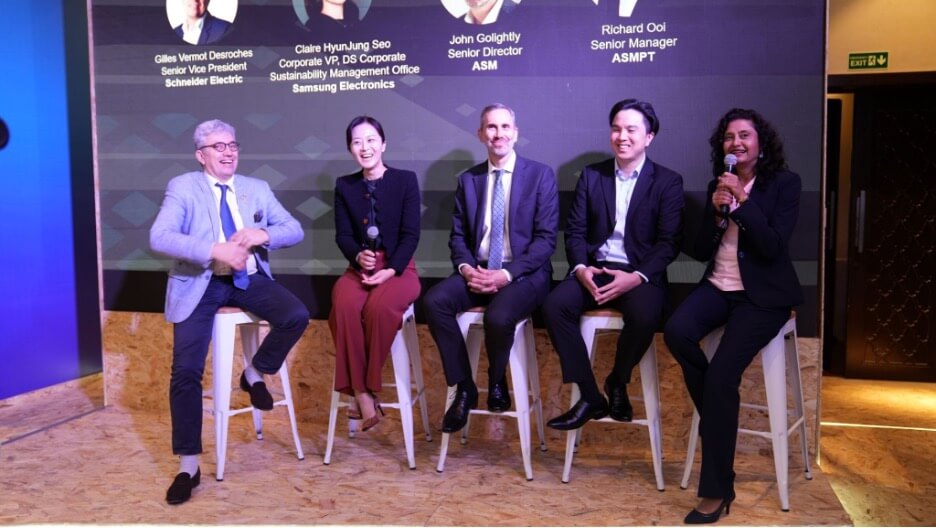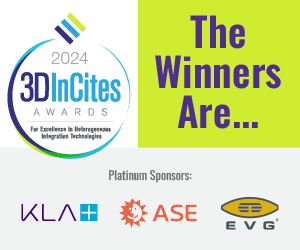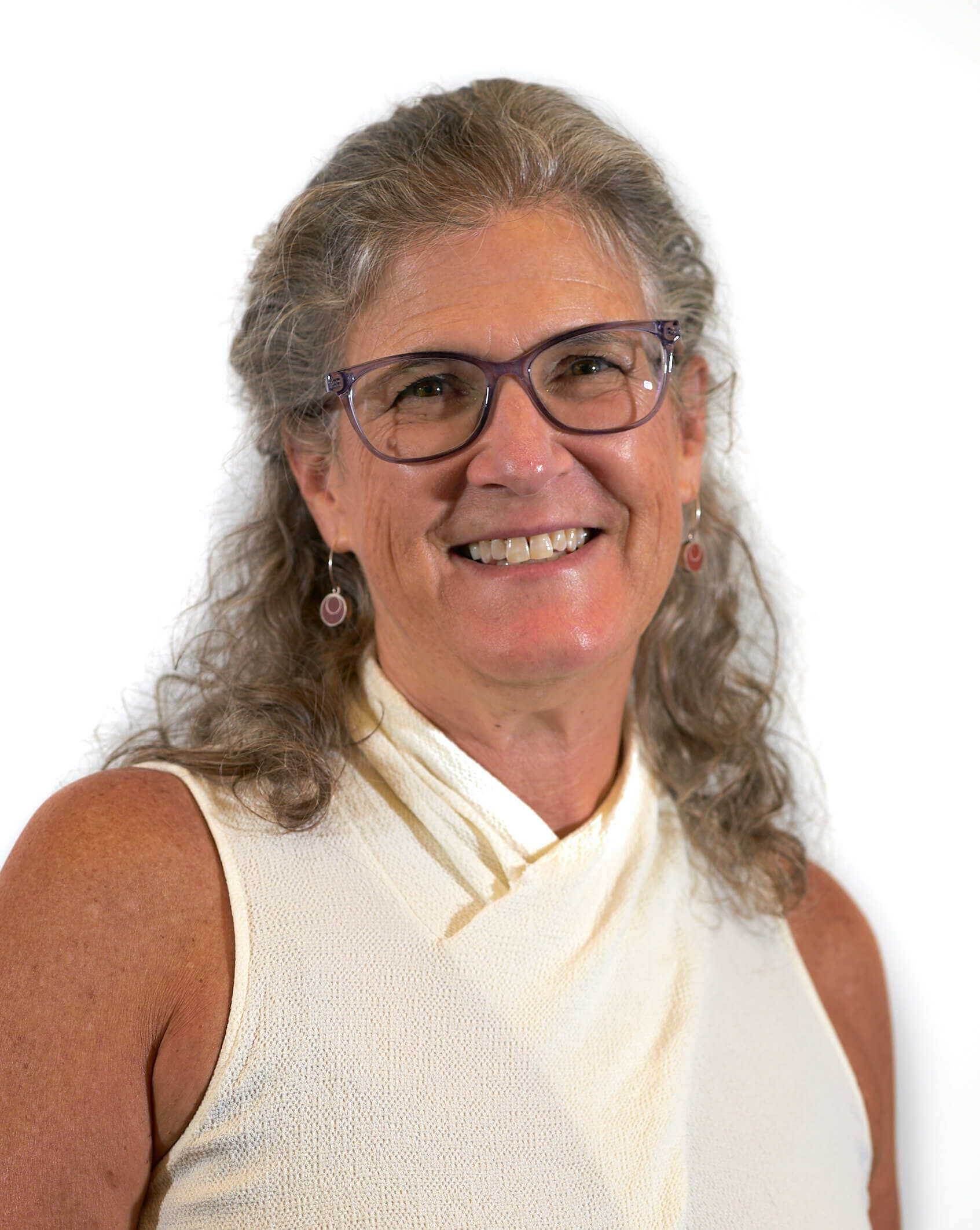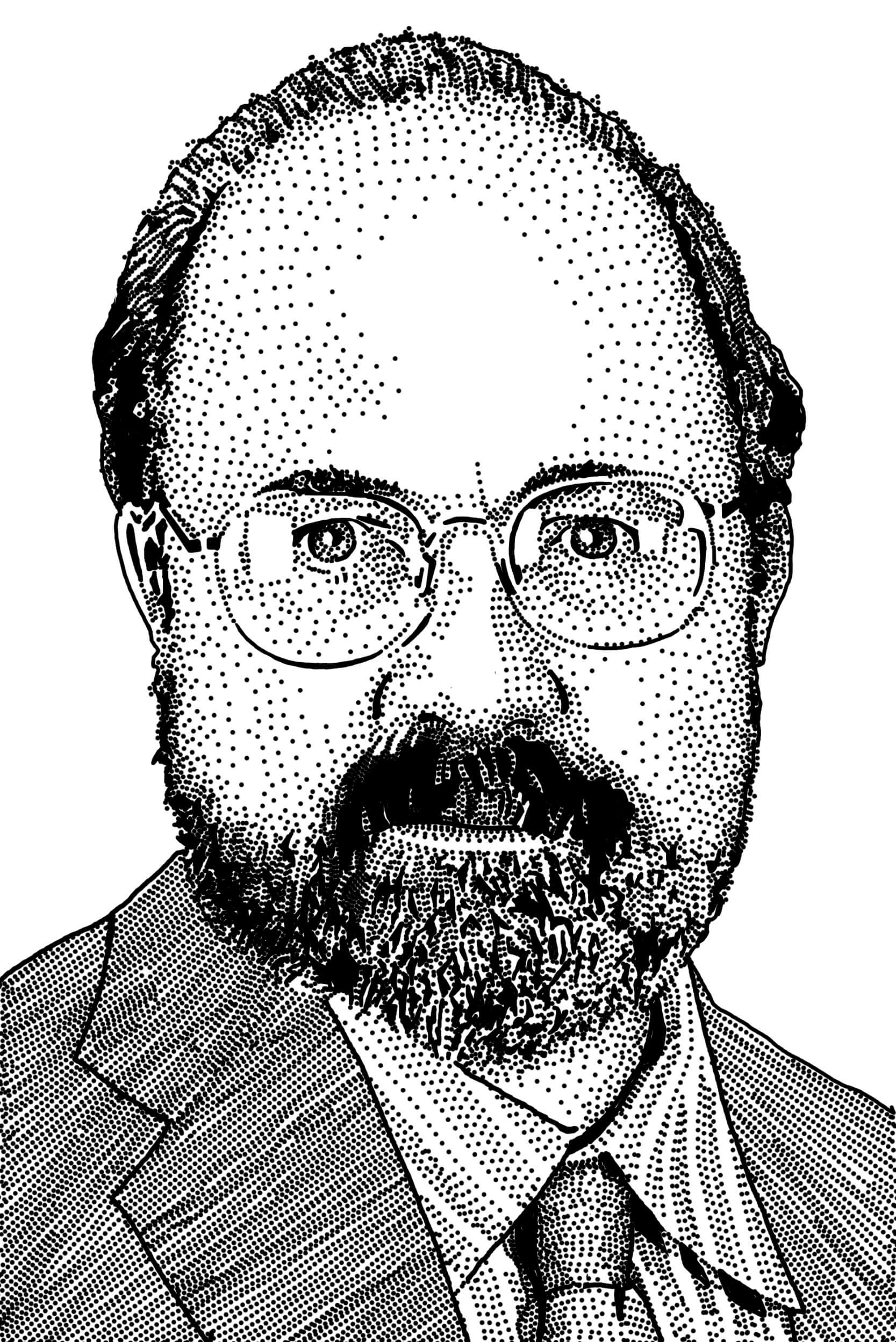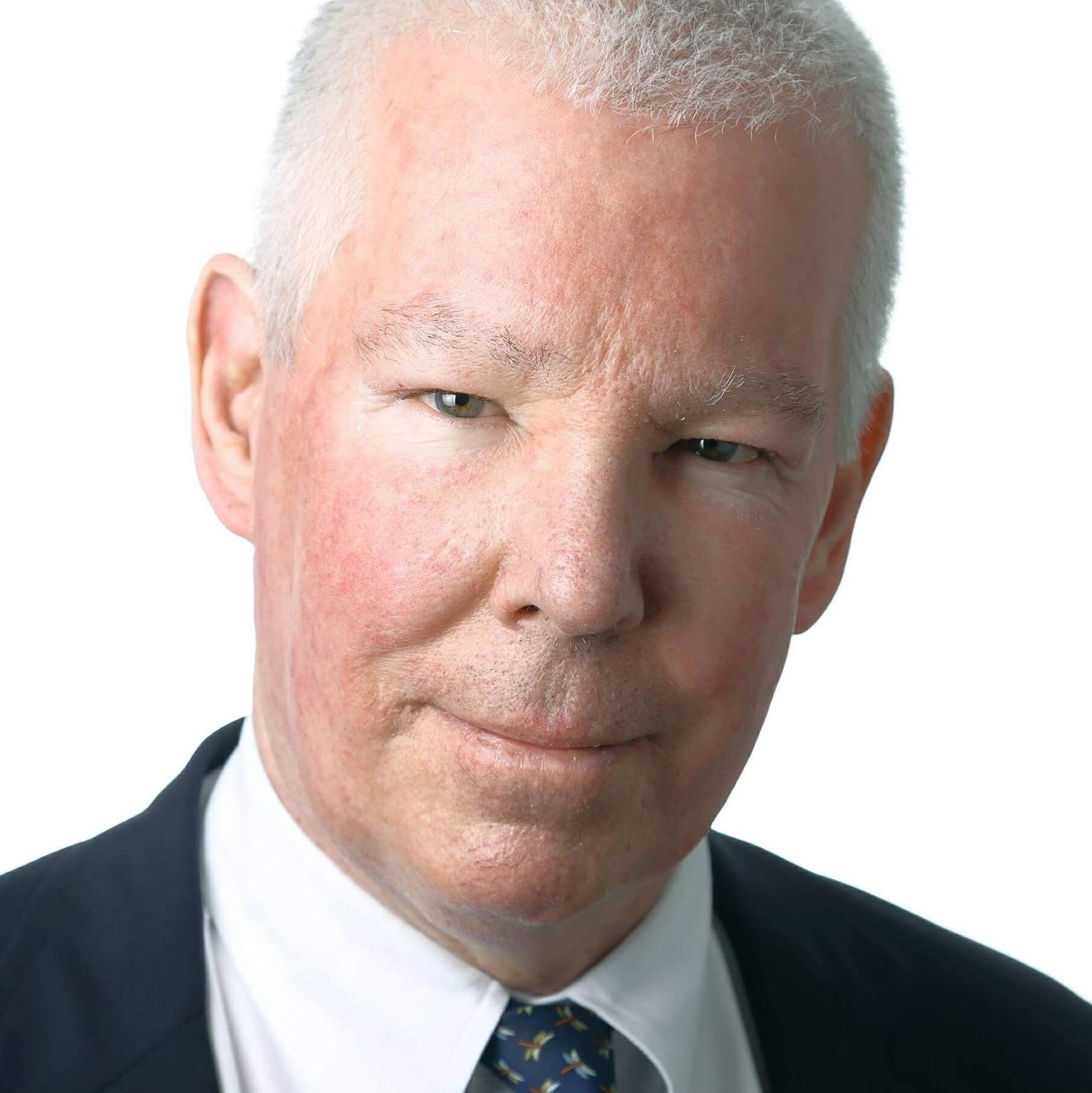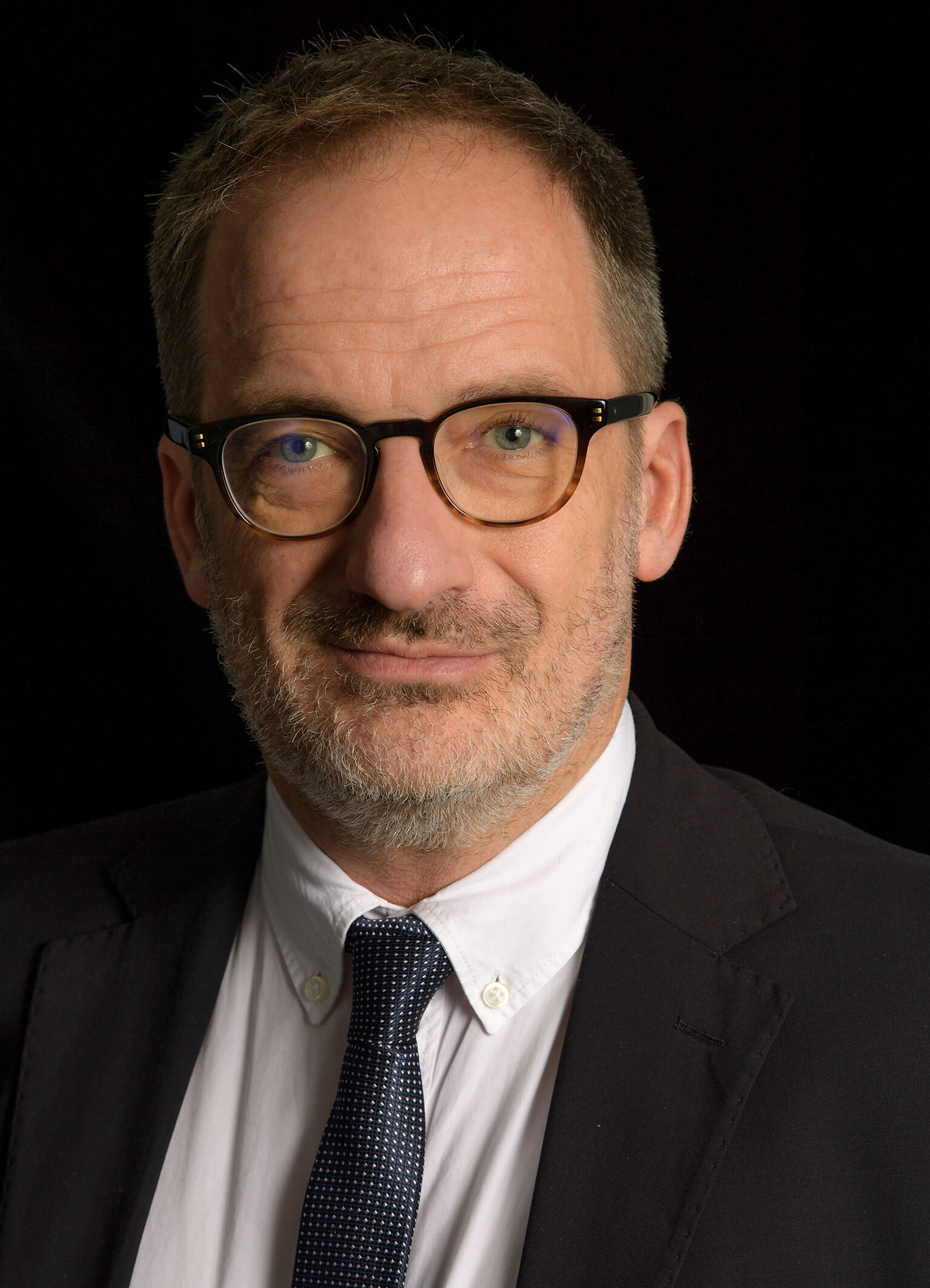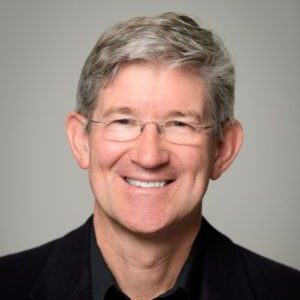 COP 27 was held in the second and third week of November 2022. In the media, there was news of calls to accountability for promises made at COP 26, for which richer nations are still lagging. These included a $100 billion fund to assist smaller countries that are significantly impacted by climate change and to help those countries move to a more sustainable source of fuel other than coal.
COP 27 was held in the second and third week of November 2022. In the media, there was news of calls to accountability for promises made at COP 26, for which richer nations are still lagging. These included a $100 billion fund to assist smaller countries that are significantly impacted by climate change and to help those countries move to a more sustainable source of fuel other than coal.
There is also the concern that the larger industrial nations need to do a better job of meeting their climate targets. The United Nations climate team is predicting that the world will blow by the 1.5°C warming target that was agreed upon in Kyoto. It also appears there is a concerted effort to reduce methane, and a call to phase down oil and gas, but there are some sticking points so that may not make the final document that will be issued from the conference.
From a semiconductor industry perspective, COP27 highlights were that SEMI and the newly formed Semiconductor Climate Consortium (SCC) were in attendance and participated in several panels.
But first, let’s back up a bit. On October 4th SEMI sent out an invitation asking members to join and form the SCC. According to the SEMI press release, “the consortium was conceived and fashioned by the SEMI Sustainability Advisory Council (SAC) and its Climate Working Group. The Consortium invites companies from across the value chain including chipmakers, equipment and materials suppliers, and providers of OSAT and Information Communication Technology (ICT) to participate. SEMI will manage the Consortium.”
The goal in forming the consortium is to have a concerted effort managed by SEMI, to reduce greenhouse gases across the semiconductor industry to stay within the 1.5°C temperature increase cited at multiple COP conferences. There are two participation levels for companies wishing to join the SCC. Members at the Leadership level will define the areas of focus for sustainability along with the deliverables. At the Participation level, companies will participate in working groups to focus on activities such as baselining, road mapping energy sourcing, improved communications in the industry regarding sustainability, reporting, and engaging with sustainability startups. The annual fees SEMI is charging to be a member of the SCC reflect the level of commitment. $40,000 for a leadership role, and $15,000 for a participant role. This is in addition to SEMI membership.
At COP27 the SCC participated in three different forums:
The first was a panel discussion SCC Collaboration for Solutions on Climate, ASM, ASMPT, Samsung Electronics, and Schneider Electric discussed the importance of collaboration, transparency, and reporting across the semiconductor value chain. Dr. Mousumi Bhat, Vice President of Sustainability Programs at SEMI, and Mark Patel, Senior Partner at McKinsey & Company, also spoke at the gathering.
Representatives from ASM, ASMPT, Samsung Electronics, and Schneider Electric also participated in the panel discussion Semiconductor Climate Consortium Ambition to 1.5.
Dr. Bhat also participated in the panel discussion Impacted Communities, Tech, and the 21st Century Workforce, hosted by the Climate Equity Collaborative
The SCC was initiated by the SEMI Sustainability Initiative (SSI), which had been growing over the past two years. Not quite a grassroots effort by member companies, SEMI helped to organize some efforts, such as a Sustainability Startup Venture, that was initiated by the venture arms of several semiconductor and semiconductor equipment companies. But member companies were focused on sustainability before SEMI got on board. It now appears that with the charter of the SCC that SEMI is taking over, or at least coordinating the efforts of member companies as SEMI’s efforts in sustainability have matured over the past two years. According to the most recent news release, the SCC will focus on climate goals and the SSI will continue to focus on non-climate ESG efforts.
The 65 founding members listed below will focus on the following pillars:
- Collaboration – Align on common approaches, technology innovations, and communications channels to continuously reduce greenhouse gas emissions.
- Transparency – Publicly report progress and Scope 1, 2, and 3 emissions annually.
- Ambition – Set near- and long-term decarbonization targets with the aim of reaching net zero emissions by 2050.
The list is impressive and there are more members than I would have anticipated at this early date, and likely a few more will join the effort.
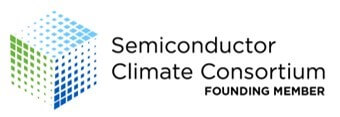
| Advantest | Pfeiffer Vacuum | |
| AICELLO | Hermes-Epitek | Plexus Corp. |
| AMD | Hitachi High-Tech | Samsung Electronics |
| ams OSRAM Group | imec | Schneider Electric |
| Analog Devices | Intel Corporation | SCREEN |
| Applied Materials | JSR | Showa Denko Materials |
| Arkema | KLA | SK hynix |
| ASE | KOKUSAI ELECTRIC | SkyWater |
| ASM | Kulicke & Soffa | Sphera |
| ASML | Lam Research | STMicroelectronics |
| ASMPT | Lasertec | Sumitomo Chemical |
| Athinia™ | Longi | Tokyo Electron Limited |
| Axcelis | Marvell | Tokyo Ohka Kogyo |
| Brewer Science | Micron | Tokyo Seimitsu |
| DAS Environmental Expert | Microsoft | Tri Chemical Laboratories |
| Dongjin Semichem | Monument Chemical | TSMC |
| DuPont | MYCRONIC | UCT |
| EBARA | Nanya Technology | ULVAC |
| Edwards | Nikon | UTAC |
| Entegris | NXP | VAT Group |
| GlobalFoundries | onsemi | Western Digital |
| GlobalWafers | Ovivo |
Table 1: Semiconductor Climate Consortium – 65 Founding Members
Of the membership, several member companies are well on their way to the net zero goals and reporting on scope 1,2, and 3 emissions annually. Lam Research just received approval from the Science-Based Targets Initiative, a coalition of CDP, the United Nations Global Compact, the World Resources Institute, and the Worldwide Fund for Nature for their near-term emissions, the first semiconductor equipment company to do so.
I will be closely following how the SCC leverages the learning from the companies that are further down the road in their climate journey. I will also be interested in seeing how this information is disseminated across the industry to those companies who may be SEMI members but may not have had the capability to join the SCC at this date.
As a linked-in post from ASMPT states: What an important first step! Now it is up to all of us to work closely together in the SCC and to further engage every single one of us, partners, customers, suppliers, competitors, and all our employees.
This is an important step in the quest for net zero in the microelectronics industry, let’s keep the momentum going!




